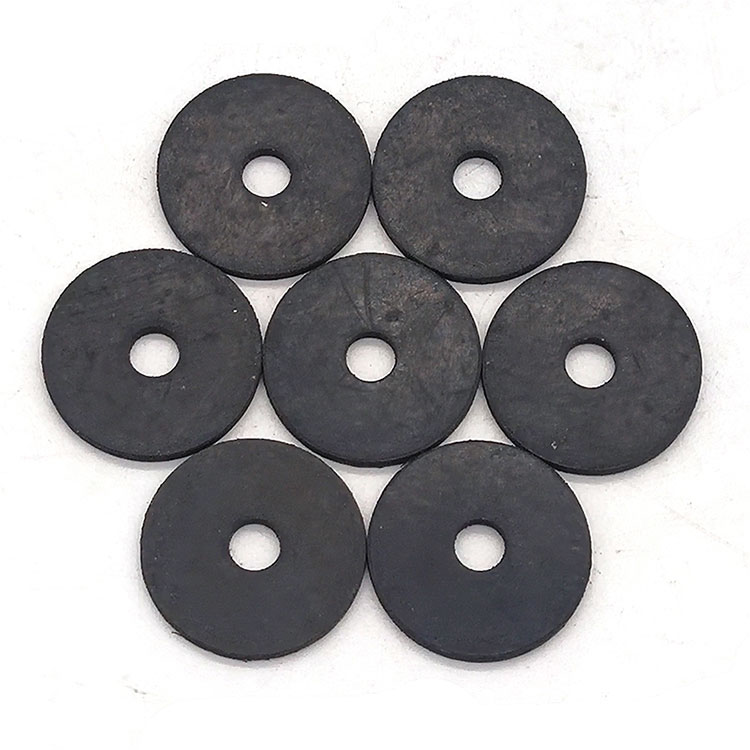Are washers really important?
2025-07-17
Washers are inconspicuous small components in mechanical connections, but they play an irreplaceable role in ensuring the safe operation of equipment and improving connection reliability. Their importance is reflected in their multi-dimensional practical value.

Sealing and leak prevention are the core functions of washers. In fluid systems such as pipelines and valves, rubber washers fill the microscopic gaps on the flange surface with elastic deformation and can withstand pressures above 1.6MPa without leakage; metal washers (such as copper washers) are suitable for high-temperature scenarios (temperature resistance up to 400℃) and can effectively block medium leakage in steam engines and hot oil pipelines. Data shows that about 30% of pipeline leakage accidents are caused by gasket failure, which shows its key role in system sealing.
Anti-loosening and shock absorption ensure connection stability. In a vibrating environment (such as automobile engines and motor equipment), spring washers continuously apply pre-tightening force through elastic rebound force to prevent bolts from loosening due to vibration. Its anti-loosening effect is more than 60% higher than that of gasket-free connections; rubber washers can also absorb vibration energy, reduce friction and wear between components, and extend the service life of equipment.
Protect the contact surface and extend the life of the components. When metal is connected to metal, flat washers can disperse the bolt pressure and avoid the contact surface from being dented due to stress concentration. For example, in thin plate connections, the use of washers can reduce the contact stress from 100MPa to below 50MPa to prevent plate deformation; plastic washers can isolate different metals from contact and avoid electrochemical corrosion, especially suitable for outdoor metal structure connections.
Accurate selection is required for the applicable scene. Metal-coated washers are selected for high-pressure scenes, fluororubber washers are used for acid and alkali environments, and silicone washers (compliant with FDA standards) are required for food-grade equipment. Choosing the wrong type may lead to serious consequences: if ordinary rubber washers are used for high-temperature pipes, they may lose their sealing performance due to aging within 1 hour, causing safety hazards.
Although the washers are small, they are the "safety guards" of mechanical connections. Their performance is directly related to the operating efficiency and safety of the equipment. Ignoring the reasonable selection of washers often leads to chain failures, so they need to be given enough attention in industrial assembly.


